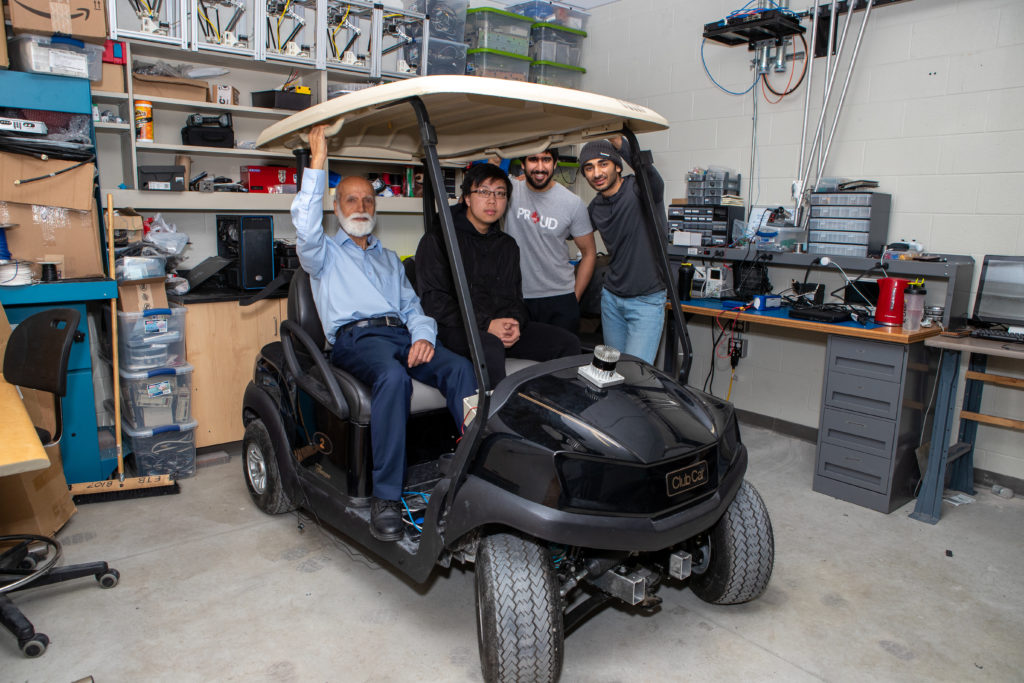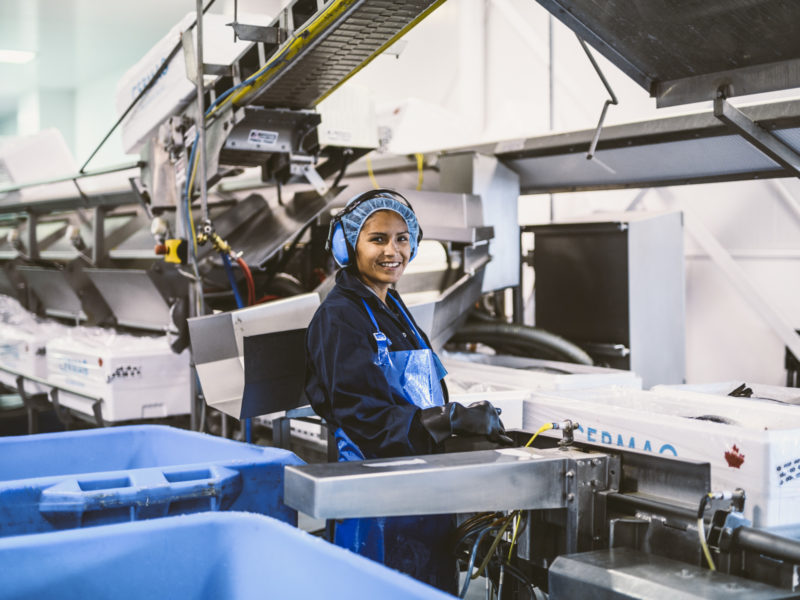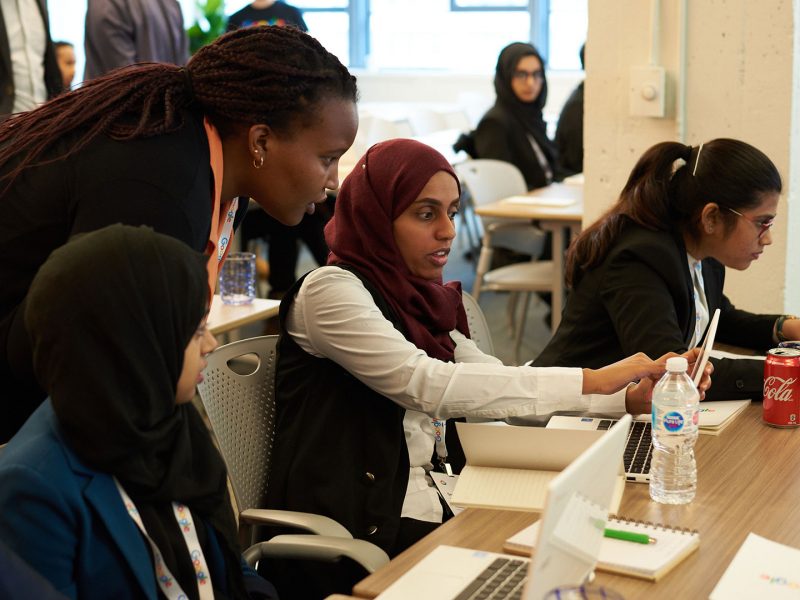Smart systems and digital technologies for a new era
A network of resources will be created from industry, municipalities, and McMaster University to facilitate accelerated adoption of digital technologies. The promise of digital transformation is unprecedented for industries such as manufacturing, transportation, healthcare, supply chain, energy, and other sectors. Huge advances may be accomplished through smart systems and digital technologies. These advances are based on the internet of things (IoT), the industrial internet of things (IIoT) and Industry 4.0 – the “Fourth Industrial Revolution” that is occurring through the automation of traditional manufacturing and industrial practices using modern smart technology.
The deployment of these technologies at network partner sites will occur via work-integrated studies by students at McMaster’s W Booth School of Engineering Practice and Technology. This project will enable the use of technology adoption modules and prototypes built in consultation with network partners.

Future Skills Centre is investing $906,917 in this 2-year project. Manufacturing in Canada has set two targets: Increase manufacturing sales by 50% to $1 trillion by 2030 and increase manufacturing exports by 50% to $540B by 2030. However, digitally skilled labour is in short supply in manufacturing and other sectors. The goal of this project is the network’s success in adopting IoT, IIoT, and Industry 4.0 technologies and reaping the benefits of those changes to support the development of a digitally skilled workforce.
Modules will include prototypes, video tutorials and hands-on learning guides describing experiments and tests focused on specific applications. Prototypes will be built from plug-in subsystems, each of these functioning on its own and as a part of the whole. Subsystems will cover connectivity via IoT and IIoT, cloud computing, artificial intelligence, machine learning and neural network models, image analysis, augmented or mixed reality, robot sensors and control, and vision systems.
The following criteria will be used to monitor the success of this project: the number and types of projects undertaken; the number of students engaged in Industry 4.0 projects; an assessment of technology transfer; feedback from network partners engaging the students to solve their challenges and Industry 4.0 module use; the number of co-op positions offered by network member organizations; and student career placement successes.
Evaluation Strategy
This project is evaluated using tools and approaches aligned with its goals, context, and stage of development. The evaluation focuses on generating the right evidence at the right moment to move the intervention forward. Read more about our evaluation strategy.





